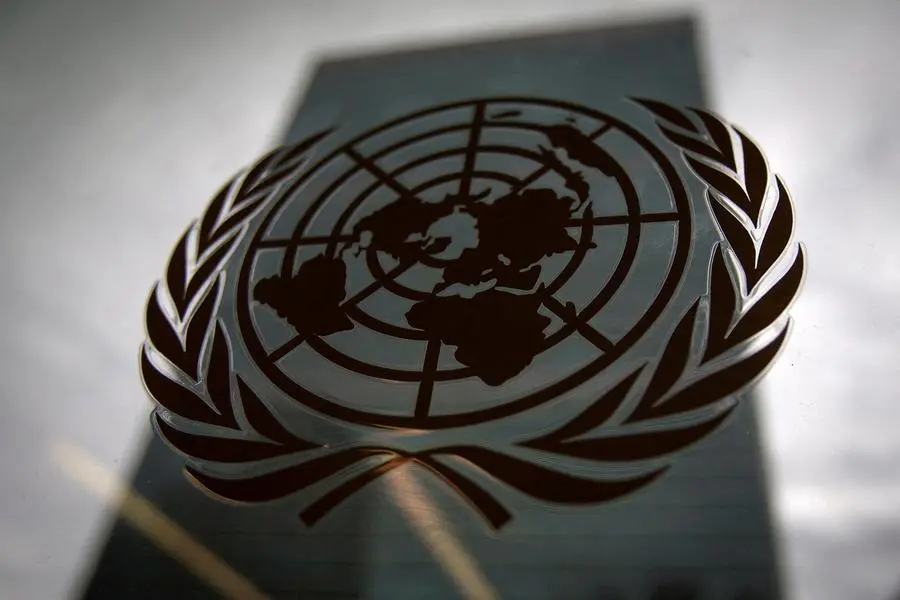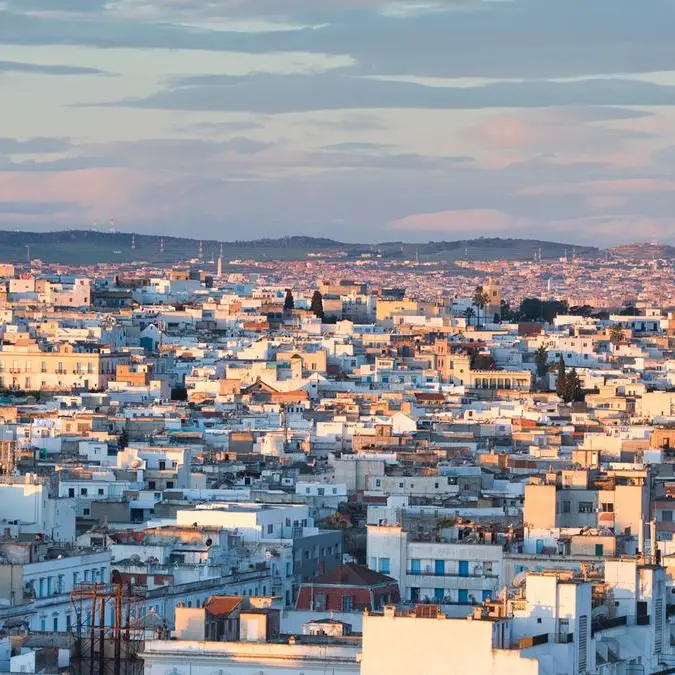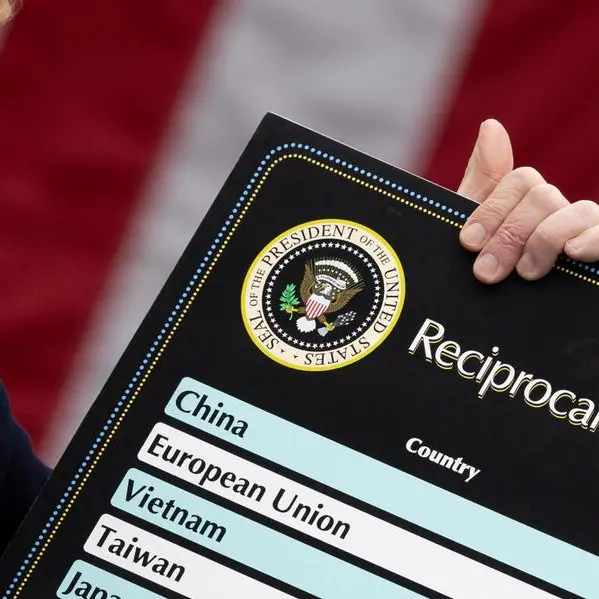PHOTO
GENEVA - The U.N. refugee agency is facing one of the most difficult moments in its more than 70-year history as record displacements coincide with funding shortfalls and a "short-sighted" focus on border controls, its chief said on Monday.
Conflicts from Ukraine to Sudan have contributed to the displacement of some 110 million people around the globe at a time when many governments, including once welcoming ones like Germany, are under pressure to get tougher on asylum seekers as the far-right gains ground.
Some countries like Slovakia have tightened border controls while U.S. President Joe Biden plans to add sections to a border wall to stave off migrant crossings, carrying forward a policy of former president Donald Trump.
In an address to the governing body of the agency, known as UNHCR, High Commissioner Filippo Grandi urged countries to respect the rights of those fleeing conflict or persecution guaranteed under the 1951 Refugee Convention the body was created to oversee.
"I'm asking quite solemnly that you focus at least on the areas on which we can agree, and especially that people forced to flee their homes due to conflict or persecution have rights as human beings and as refugees and displaced," he told the Executive Committee which meets annually and is made up of 108 member countries.
"The task with which you have entrusted UNHCR is at one of its most difficult moments in our history," he said. "The world is increasingly divided, fragmented and inward-looking."
He called this weekend's attack by Hamas gunmen on Israel "appalling" and said the clashes risk "bringing grave instability", without giving displacement projections.
The organisation faces a $650 million funding shortfall this year and the 2024 outlook is "even more worrying", he added.
UNHCR's top donors are the United States and Germany.
Insufficient aid is driving some refugees -- like those who fled Sudan's conflict -- to make dangerous onwards journeys to Tunisia and Italy, he said, comparing the situation with the 2015 EU migration crisis.
"This reminds us, sadly, of the situation in 2015, when thousands of Syrian and other refugees moved from the Middle East to Europe as assistance started declining," said Grandi, who comes from Italy.
With fatalities high on two of world's most dangerous migration routes, the Darien Gap and the Mediterranean sea crossing to Europe, Grandi called for new "whole of route" solutions.
He said countries had a right to implement border controls but described it as "both impractical and short-sighted" to focus only on those controls. He did not name countries.
In a possible allusion to a British government plan to deport asylum seekers to Rwanda, which heads to Britain's top court this week, Grandi said the organisation "will not accept externalising or outsourcing asylum obligations".
(Reporting by Emma Farge; editing by Matthias Williams, Angus MacSwan and Christina Fincher)





















